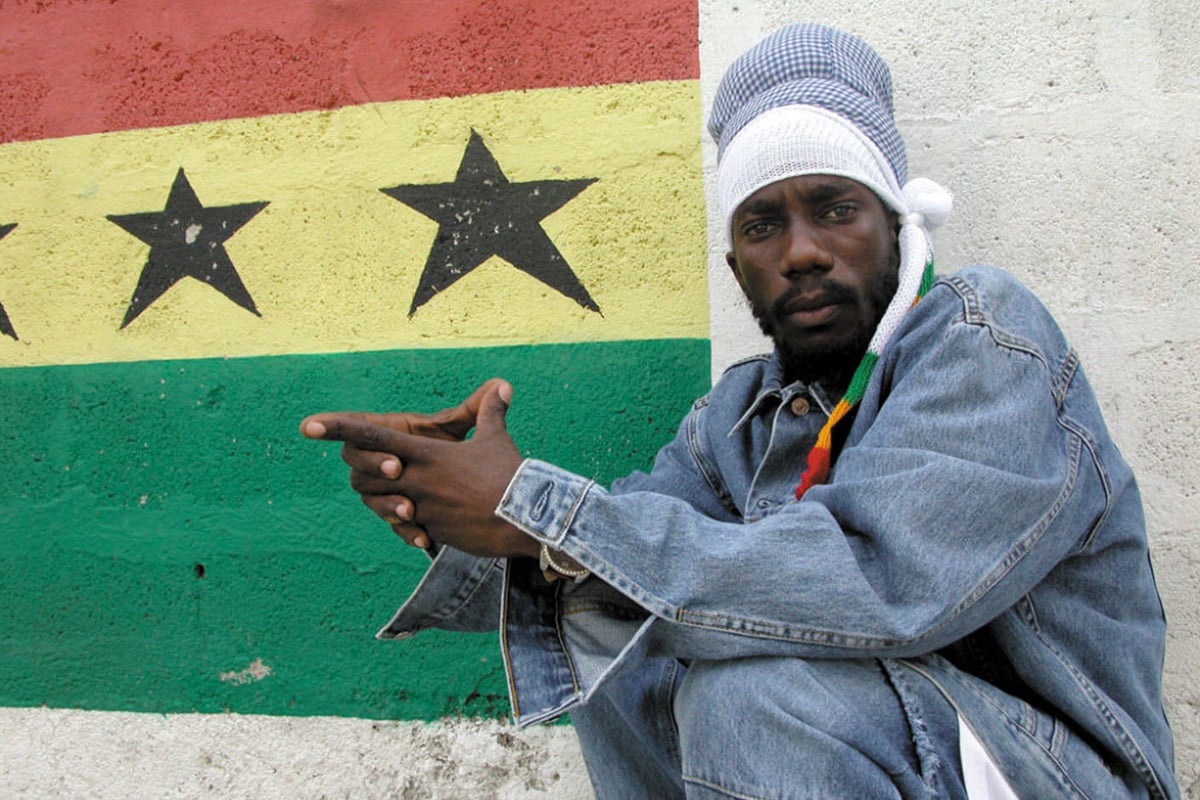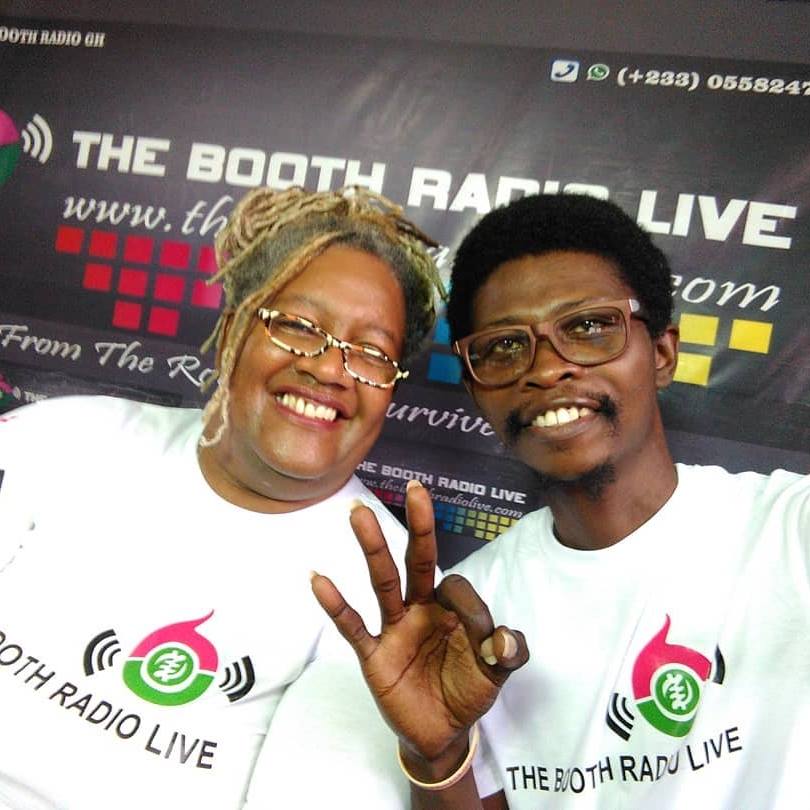
Professor Hope also noted that, like herself, based on her observations, internationally, many people feel that there is more to the plaque-burning than what was verbally expressed by Sizzla.
“To an international audience – and I have been following the responses on Twitter, on Facebook on Instagram, and what I see from the American audience, they are wondering and they are asking and they are waiting for clarification as to what are the underlying issues,” she said.
“I don’t expect any clarification because the clarification would have to come now from DJ Khaled’s camp. Sizzla has thrown down a gauntlet and we expect some clarification to come from DJ Khaled’s camp. Let us wait and see how that works,” Professor Hope said.
Professor Hope also examined Sizzla’s actions during Thursday’s incident in which the Rastafarian likened Khaled to the devil, while burning to ashes the two plaques the producer sent to him, commemorating the Platinum certification of his Grateful (2017) and Father of Ashad (2019) albums, for what he described as a show of utter “disrespect”.
“I think it was unfortunate that Sizzla chose that route to express his anger and feelings of feeling disrespected in that incident on social media. I think that there are unresolved issues that he didn’t speak about; he felt strongly about and he wanted to showcase that to a wider audience than perhaps using a phone call,” she said.
“I think we should not jump to too many conclusions, because what we saw, and what we also heard from Sizzla, it was a ‘disrespectfully respectful’ situation. He was very clear on who he was targeting and what he was saying and how he put it forward,” Professor Hope contended.
She added: “He felt disrespected; he felt that Jamaica had been disrespected, and that DJ Khaled apparently had some repair to make to a relationship, but also to the collaboration that he had done with him and the expectations that Sizzla obviously had about his collaborations”.

In response to Miller’s question about Khaled’s penchant for bundling several Jamaican artistes on one track, on his albums, Professor Hope said that this could be because the Reggae and Dancehall is seen as adding flavour to the albums, which are targeted primarily to the American audience.
“And DJ Khaled’s own journey in Jamaican culture is a longstanding one… he has done a lot to build himself up and also showcase his love and regard for Jamaican culture, Dancehall culture; the men and women from that era coming forward. But in a lot of ways, paying tribute to the culture and paying tribute to the men and women, he also in a very odd way, he bundles up a lot a people on one track,” she said.
“Perhaps pulling out some of them and getting them individually could have also worked. But again, this is an American, a Palestinian-American, doing an American product for an audience that is mainly American and others who are members of American music. So Jamaicans are brought in maybe as a kid of seasoning – I don’t know – to spice it up, but it is not really about the Jamaicans as many people seem to think,” she added.





0 Comments